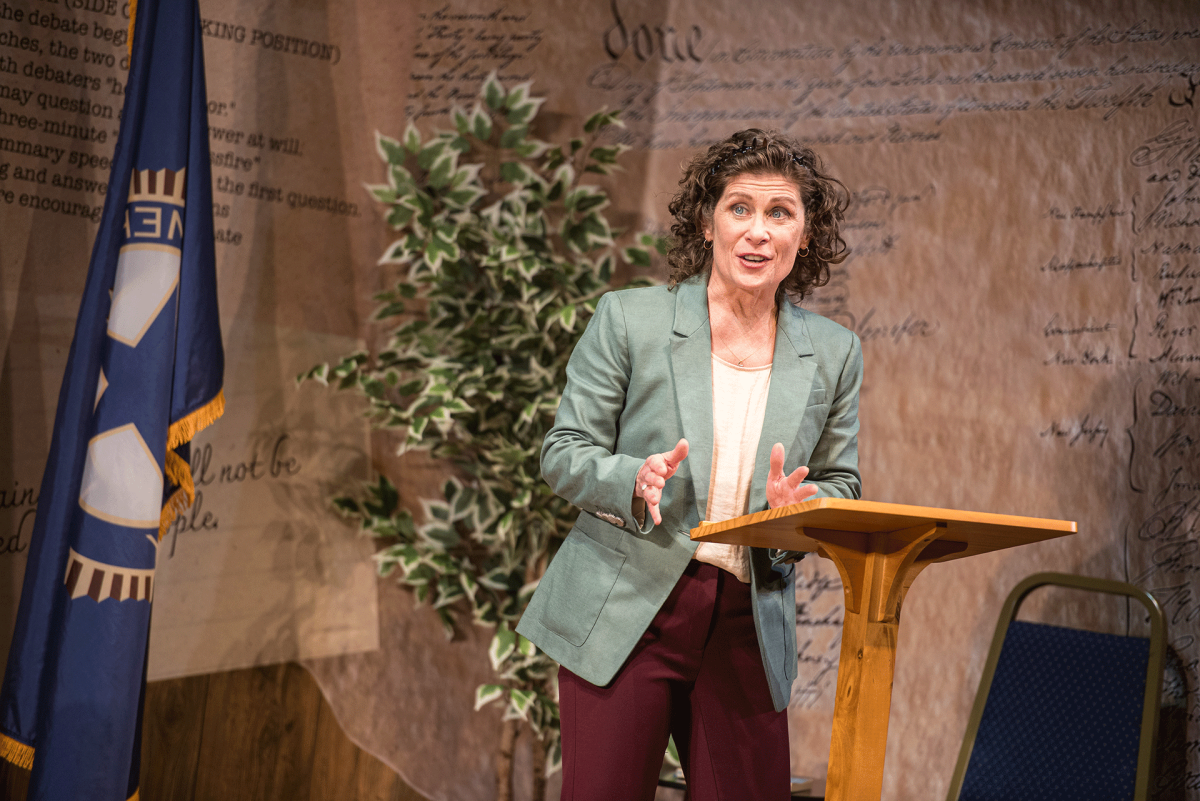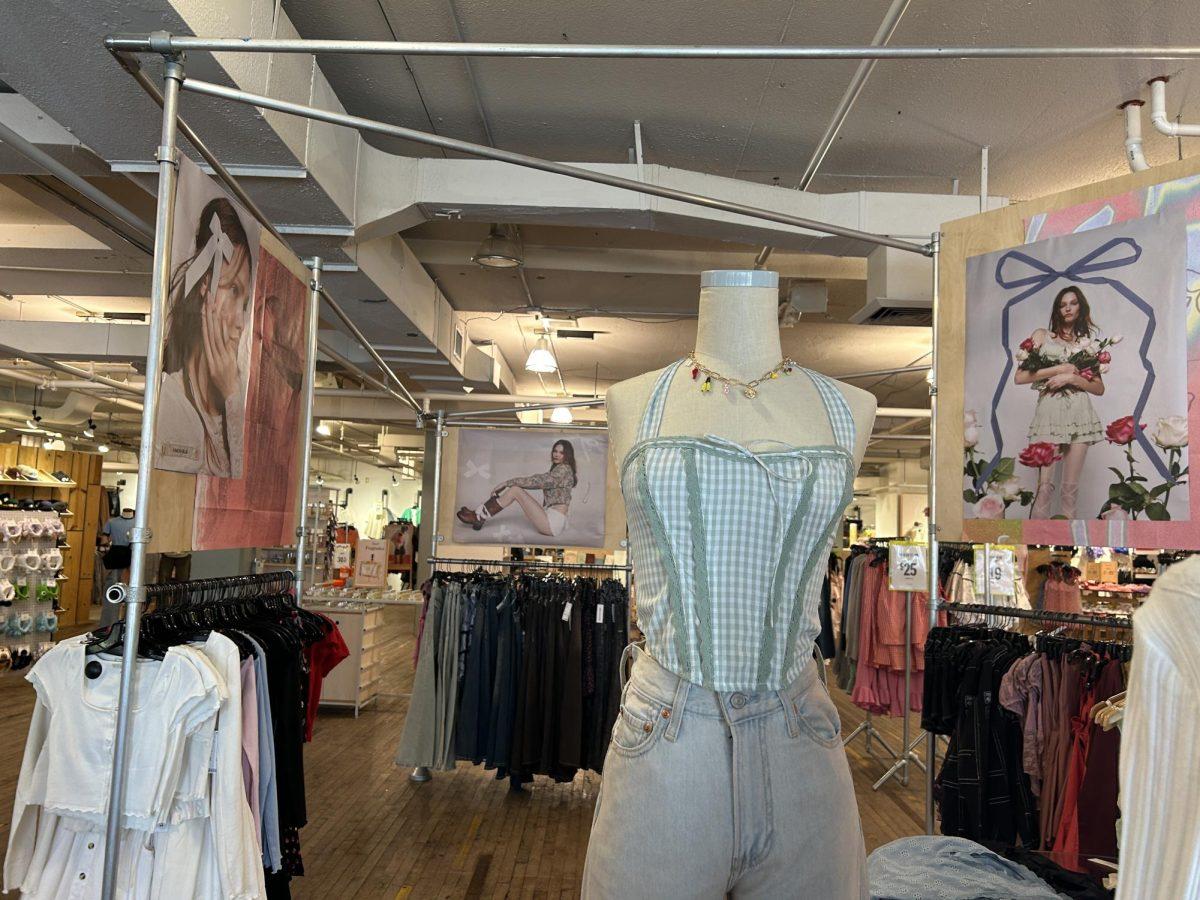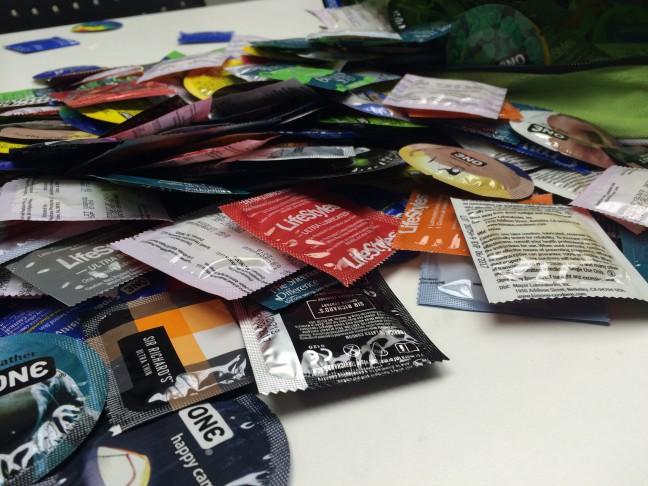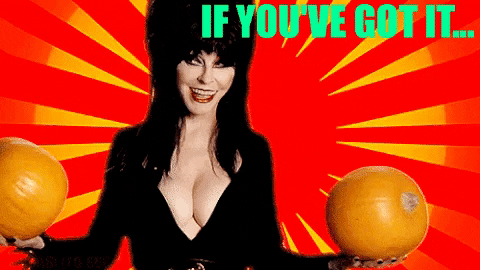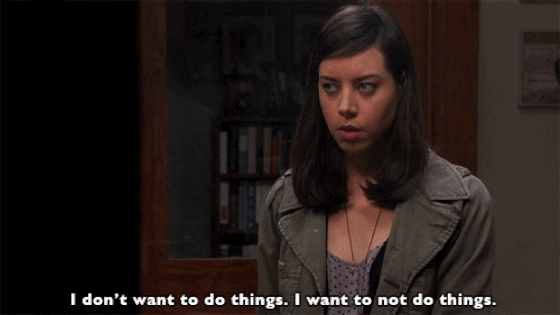Hey, Hump Day fans! In light of this week’s important campus-wide conversation on sexual violence, I’ve decided to hold off on discussing blowjobs and buttsex for now. Instead, please join the conversation and enjoy this week’s guest submission from my friend and co-worker Hailey Cross on the realities of rape-supportive culture. –Sam
A letter to the editor was recently posted in The Badger Herald, called “‘Rape culture’ does not exist.” I’ve written a nearly line-by-line response to the article.
Trigger warning: sexual assault, rape and rape-supportive culture.
We’ve all heard the term rape-supportive culture before, and it’s time to set the record straight. The United States does indeed have a very pronounced culture of normalized violence — which includes rape and sexual assault. Anyone who thinks differently needs only to turn to graphic depictions of violence (sexual and otherwise) in popular media. The term rape-supportive culture seeks to identify and criticize the aspects of the world around us that attempt to normalize violence, justify the actions of perpetrators and blame and silence the survivors of sexual assault. It is important to do this because if we don’t recognize and discuss these aspects of society, they perpetuate a social climate where sexual violence is “not that big of a deal.”
I know that people out there are going to disagree with what I’m about to explain because it’s really hard to reconcile the fact that sometimes we contribute to really shitty things like rape-supportive culture, even when we don’t mean to. But I won’t resort to gaslighting these people because that’s a rhetorical cop-out that prevents critical and productive dialogue.
The first thing that everybody needs to understand is that we don’t live in a fairytale with heroes and villains. It would be really easy to explain away murder, rape, child abuse, domestic abuse and all sorts of crimes with the existence of evil scientists and stepmothers with no motive other than pure, unadulterated evil. But we live in the real world, and we understand that people do things. Some of which they believe to be good, bad and neutral. And when people do things that are bad, they usually justify those actions to themselves. That is the reality of the world. Rape-supportive culture is not unique to the United States, and if you put the spotlight on “evil” people, you don’t understand the real issue.
The real issue is that all sorts of media promote violence. Some of this violence is gendered, some of it is racial and some of it is sexualized. The fact of the matter is that when we present violence as a normal part of life in the media, our society and culture begins to reflect that. Of course few people would outright claim that any kind of violence is a good thing, but we still make jokes about violence and still support violence as a viable option for conflict resolution, instead of presenting it as the conflict itself.
You’ll very often hear people make statements like “If women didn’t dress like sluts or get drunk or walk home alone then they wouldn’t get raped.” There are are many, many problems with this statement.
First, it’s incredibly victim-blaming, and second, it does nothing to stop perpetrators from committing acts of violence. Telling someone to not be a victim does nothing to eliminate the motivation of a perpetrator to commit a crime. Teaching respect for everyone’s bodies and boundaries, thereby eliminating motivation for crimes, is the best way to reduce instances of sexual violence. And even though we all know rape is illegal, as many a college student can attest to, the illegality of an action is very rarely a deterrent to the motivation to engage in it.
Finally, statements like the one above silence the experiences of people who do not fit our ideal “victim” description. But no matter how the survivor identifies, sexual assault is still never their fault, and their experiences still matter. We should be teaching all people respect for the bodies and boundaries of everyone else.
It is unfortunate that so many people regard rape and sexual assault so flippantly that they think that a person would publicize their trauma for attention rather than justice. Not everything that is claimed to be consensual is actually consensual, and the rate of false reports is the same for every other violent crime, which hovers around 2 to 8 percent. But unlike other kinds of violent crime, only about 40 percent of sexual assaults are even reported to the authorities. The problem here is not false reporting, but the lack of a culture where survivors feel safe and supported enough to disclose their experiences with the hope of finding justice.
For example, I am a survivor of sexual assault, along with one in four women on our campus, and I have never reported it to the police. You know why? Because when I have told people what happened, they told me it was my fault because I was drunk. They told me that I should have enjoyed it. They told me that “regret” doesn’t make it rape (I know the difference between wishing I had made a different choice and being a victim of a violent crime, thanks). I never reported it to the police because I was told that it “wasn’t that big of a deal.” But you know what? It was. And it’s those people who told me those things who are a huge problem, not me. Why are people so desperate to silence and normalize sexual assault and violence?
It’s because we live in a culture where sexual assault can happen to anyone and that’s scary. It’s easier to cover our eyes and pretend rape-supportive culture doesn’t exist than admit that we are all a part of the problem.
Let’s focus on what we can do to prevent sexual violence and support survivors, and let’s stop perpetuating rape-supportive culture when we can.
Hailey Cross is a University of Wisconsin senior majoring in classical humanities.











